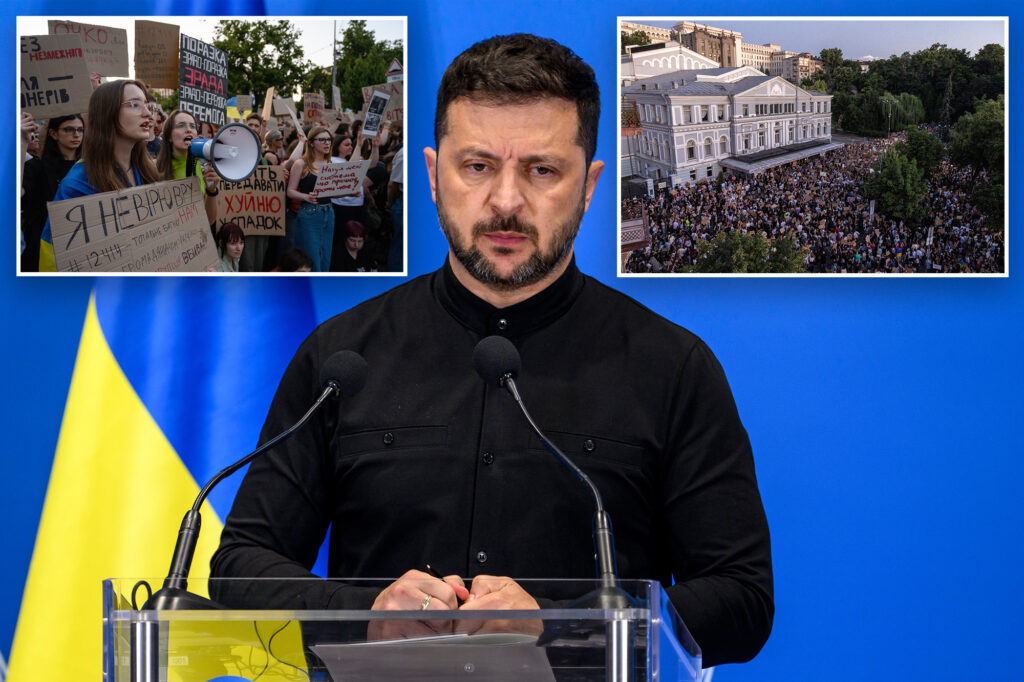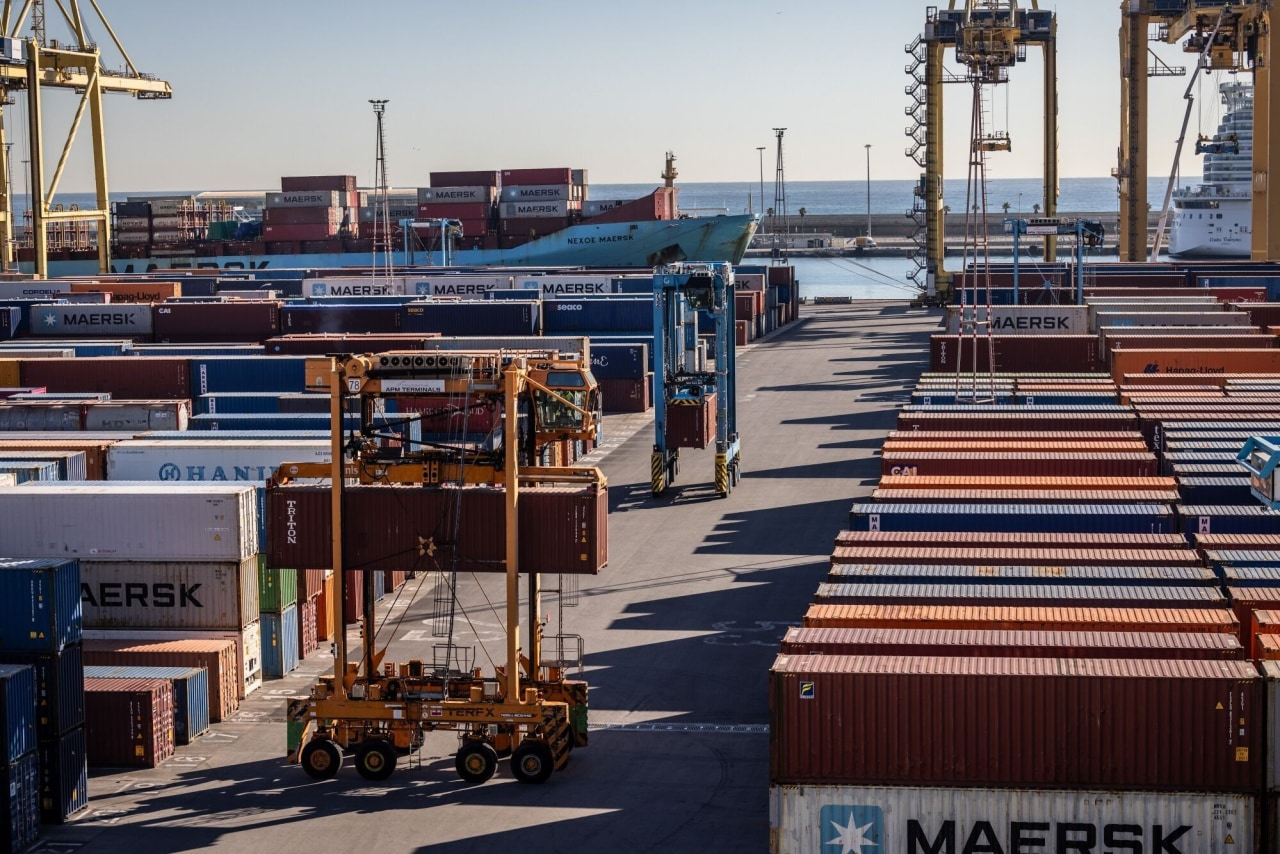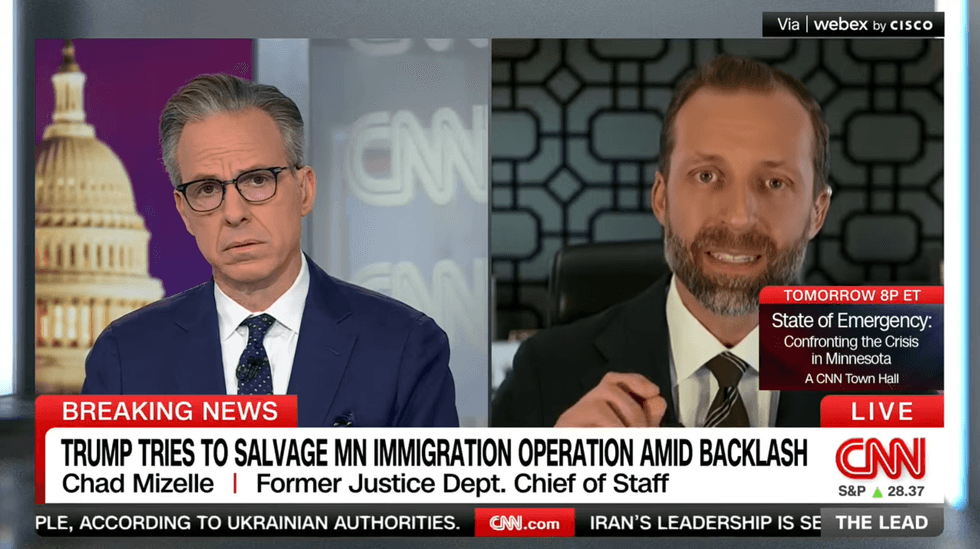
The European Union has decided to suspend $1.7 billion in aid to Ukraine following President Volodymyr Zelensky‘s approval of a controversial bill limiting the powers of key anti-corruption agencies. This decision, announced on March 11, 2023, signals a significant setback for Ukraine as it seeks to enhance governance standards and secure support for its ongoing recovery from the war with Russia.
The EU’s action affects more than a third of its financial commitment aimed at rewarding Ukraine for maintaining good governance. This funding freeze comes after Zelensky signed a law that strengthens the influence of a politically appointed prosecutor general over the National Anti-Corruption Bureau (NABU) and the Specialized Anti-Corruption Prosecutor’s Office (SAPO). European officials expressed concern that the law undermines the independent operational integrity of these agencies, which were established in the wake of Ukraine’s 2014 Revolution of Dignity to combat pervasive corruption.
Following public outcry, including the first wartime protests against his administration, Zelensky has taken steps to ensure the independence of these agencies. Nevertheless, skepticism remains regarding his commitment to addressing the corruption that has long plagued Ukraine. According to Marta Kos, the EU’s commissioner for expansion, the bloc is “seriously concerned” about the potential for increased political influence over entities critical to prosecuting high-level corruption.
The EU originally established its Ukraine Facility fund in 2022, pledging close to $60 million over three years to assist with Ukraine’s recovery and its aspirations to join the EU. The recent legislation has led to allegations that Ukraine is falling short of meeting the necessary standards set by the EU, with officials condemning the hasty nature of the law’s passage.
Despite the suspension of funds, the EU has clarified that the decision is not irreversible. The funding can be reinstated if Ukraine adheres to the governance criteria laid out by the EU. The Ukrainian government faces additional pressure as it must appoint a head for the Economic Security Bureau by March 16, 2023, to maintain access to support from the International Monetary Fund (IMF). The IMF has pledged $15.6 billion in aid over four years, contingent upon Ukraine advancing its anti-corruption initiatives.
Zelensky has been under increasing scrutiny, especially as investigations into members of his inner circle, including former Deputy Prime Minister Oleksiy Chernyshov, intensify. His administration’s call for tighter control over the NABU and SAPO was initially justified by the need to combat alleged “Russian influence” and to address stagnation in ongoing cases. However, the public’s response underscores a widespread demand for the preservation of these agencies’ independence, crucial for Ukraine’s efforts to combat corruption and enhance its defense capabilities against the ongoing Russian invasion.
International leaders, including British Prime Minister Keir Starmer, have urged Zelensky to reconsider the legislation, emphasizing the importance of transparent anti-corruption measures. As Ukraine navigates this complex landscape, the international community closely watches its actions and their implications for governance and recovery efforts.






